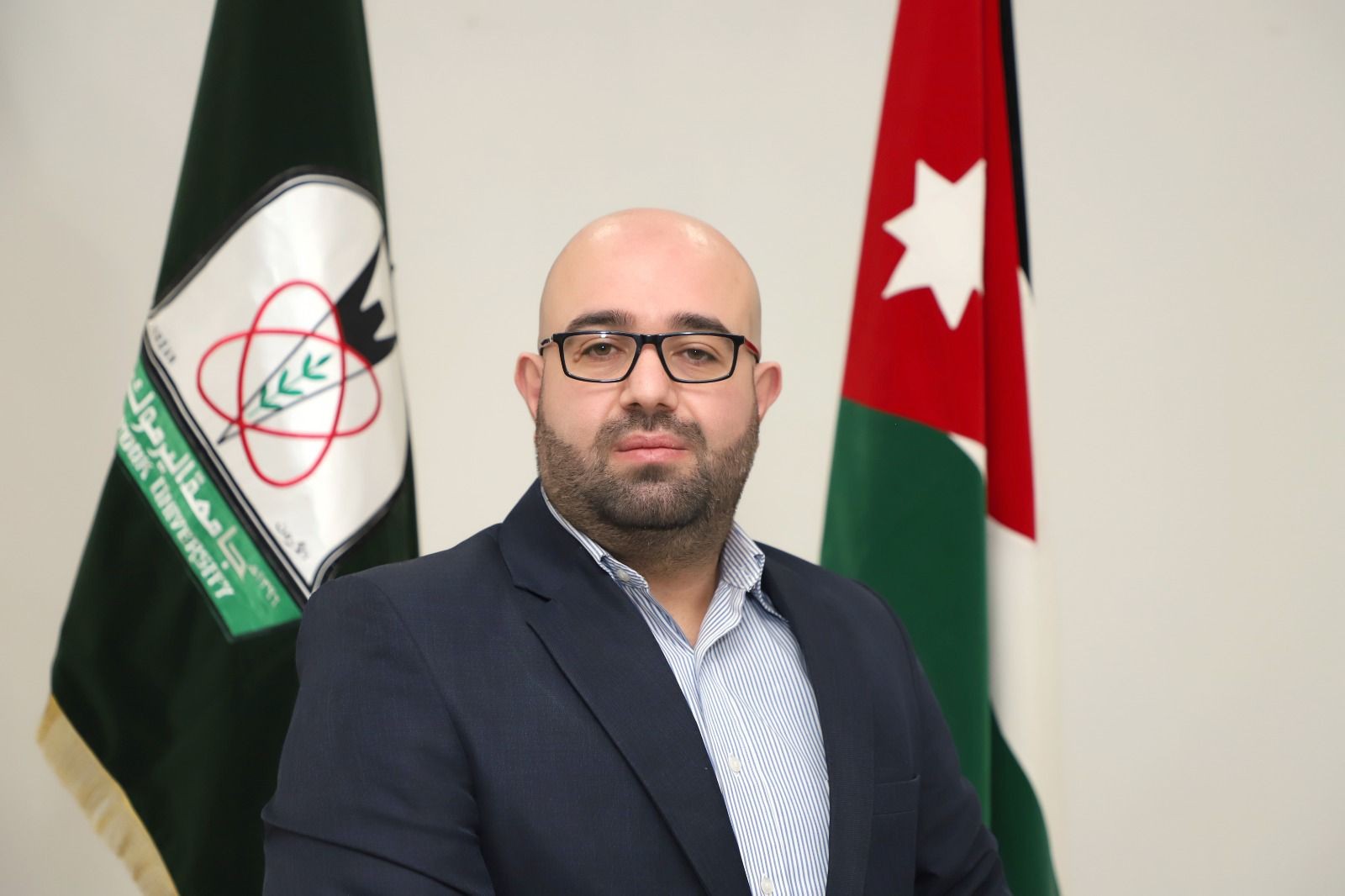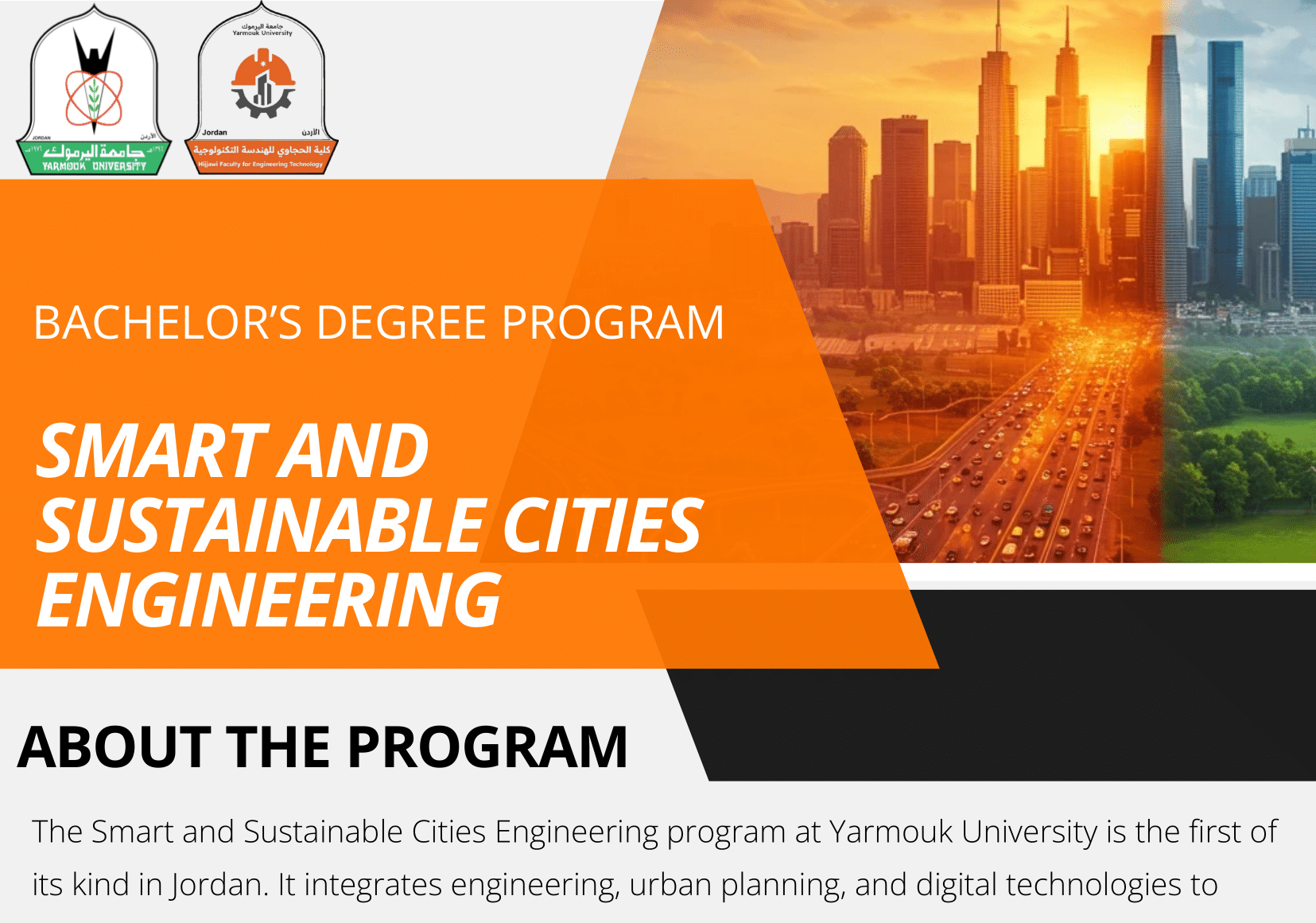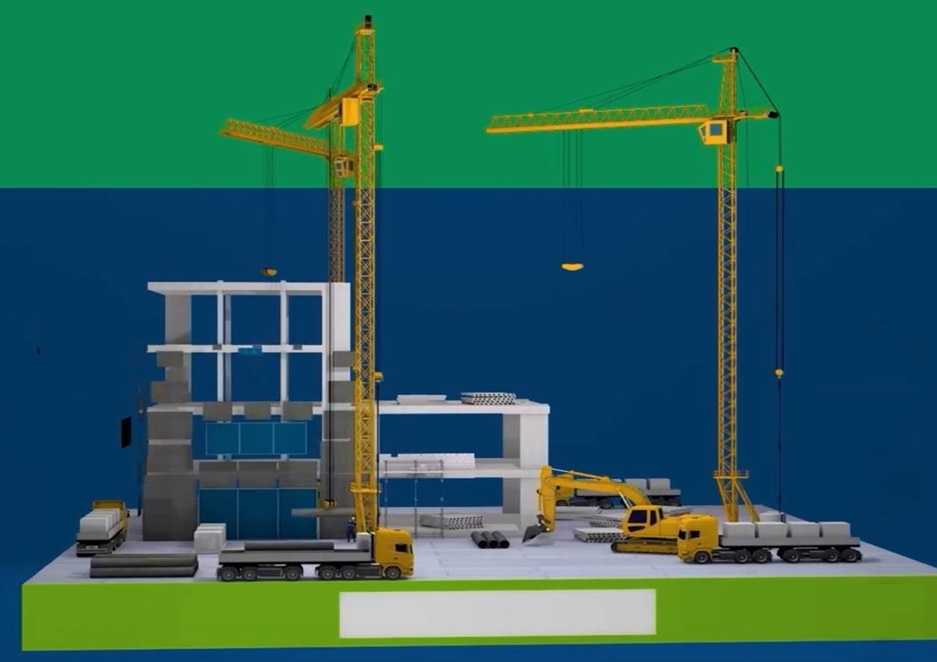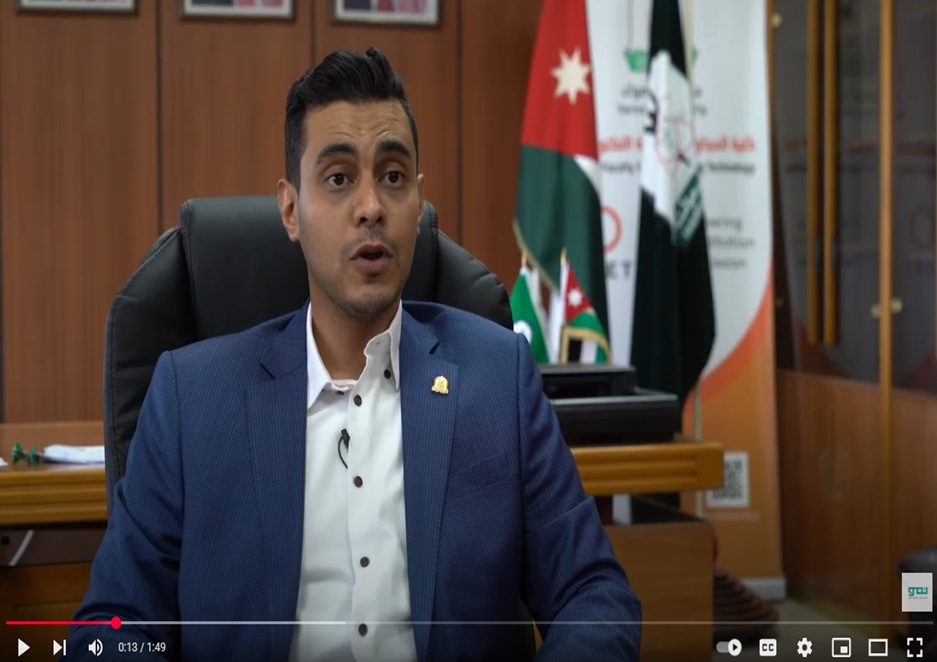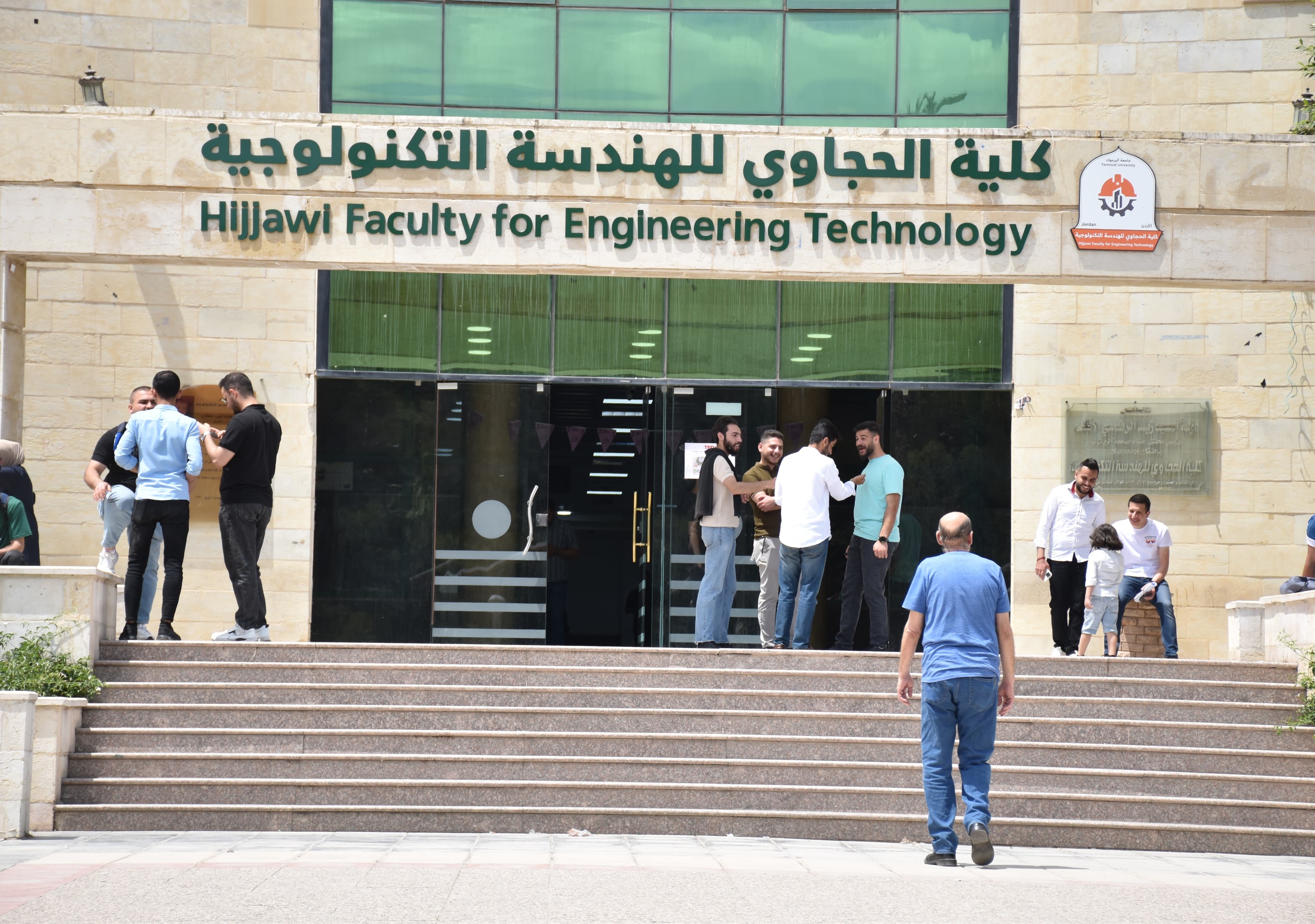Program Department and Chair
For inquiries or further information, please contact:
Email: civil.dept@yu.edu.jo
Phone: +962 2 721 1111 ext. 4523
Dr. Mu'ath Abu Qamar
Chair, Civil Engineering Department
Assistant Professor, Civil Engineering
AbuQamar.Muath@yu.edu.jo
+962 2 721 1111 ext. 4523
About the Program
The Bachelor in Smart and Sustainable Cities Engineering degree program at the Hijjawi Faculty for Engineering Technology, Yarmouk University, is the first program of its kind in Jordan. Designed to address the urgent and evolving needs of urban environments, this interdisciplinary program equips students with the tools to reimagine how cities function—technologically, sustainably, and socially. The program is scheduled to seek ABET accreditation by the time the first cohort graduates, reflecting its commitment to international standards of engineering education.
With a curriculum that bridges engineering, urban planning, and cutting-edge digital technologies, students gain proficiency in areas such as smart energy systems, intelligent transportation, water and waste management, and urban resilience. The program emphasizes the integration of advanced technologies like Digital Twins, Smart Grids, Internet of Things (IoT), and Artificial Intelligence (AI) into the design and management of sustainable urban ecosystems.
Students are trained to develop innovative solutions that respond to the challenges of rapid urbanization, climate change, and resource constraints—making them key players in shaping sustainable, efficient, and livable cities for future generations.
Through hands-on labs, interdisciplinary projects, and exposure to real-world applications, graduates of this program are uniquely positioned to become forward-thinking engineers, urban innovators, and leaders in smart city development—both locally and globally.
Program Educational Objectives (PEOs)
Within a few years after graduation:
Enrollment Statistics
Study Plan
The Bachelor in Smart and Sustainable Cities Engineering degree program consists of 167 credit hours, offering a multidisciplinary blend of engineering fundamentals, sustainable urban development, and smart technologies. The curriculum includes core courses in infrastructure planning, environmental systems, renewable energy, transportation engineering, and resource management, alongside emerging technologies such as Internet of Things (IoT), Digital Twins, smart grids, and Artificial Intelligence (AI).
Practical application is emphasized through hands-on labs and project-based courses that cover sustainable design, intelligent systems integration, and urban data analytics. Students also gain skills in geographic information systems (GIS), simulation modeling, and digital tools for city planning and optimization.
The program includes four career development courses aimed at enhancing students’ technical competencies and soft skills—such as communication, teamwork, and leadership—starting from the first year of enrollment.
A required four-month full-time practical training (six credit hours) allows students to engage directly with industry partners, municipalities, and smart infrastructure initiatives, providing vital real-world experience in implementing smart and sustainable solutions.
Students who earn internationally recognized certifications relevant to smart and sustainable cities may be eligible to waive up to three elective courses, allowing them to tailor their academic path toward their strengths.
To expand students’ global employability, the program also includes foreign language courses, supporting graduates in accessing international career and academic opportunities.
This well-rounded study plan prepares students to lead in the development of sustainable and resilient cities, ready to contribute to both local and global urban transformation efforts.
Career Opportunities
-
Smart city development and urban innovation
-
Sustainable infrastructure and environmental planning
-
Information and communication technology (ICT) for cities
-
Renewable energy and resource management
-
Urban data analytics and sensor networks
Industrial Advisory Board
CEO
EGCA
Jordan
Awesome Engineering Technology Program
Discover the dynamic world of the Bachelor in Smart and Sustainable Cities Engineering degree program.
Dive into the resources provided here to learn how this cutting-edge program equips students with the skills to lead in designing, developing, and managing innovative urban solutions that promote sustainability, resilience, and smart technology integration in modern cities.

